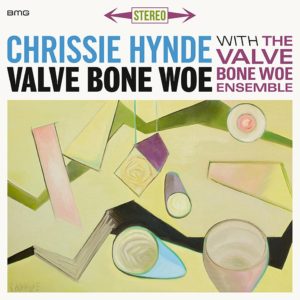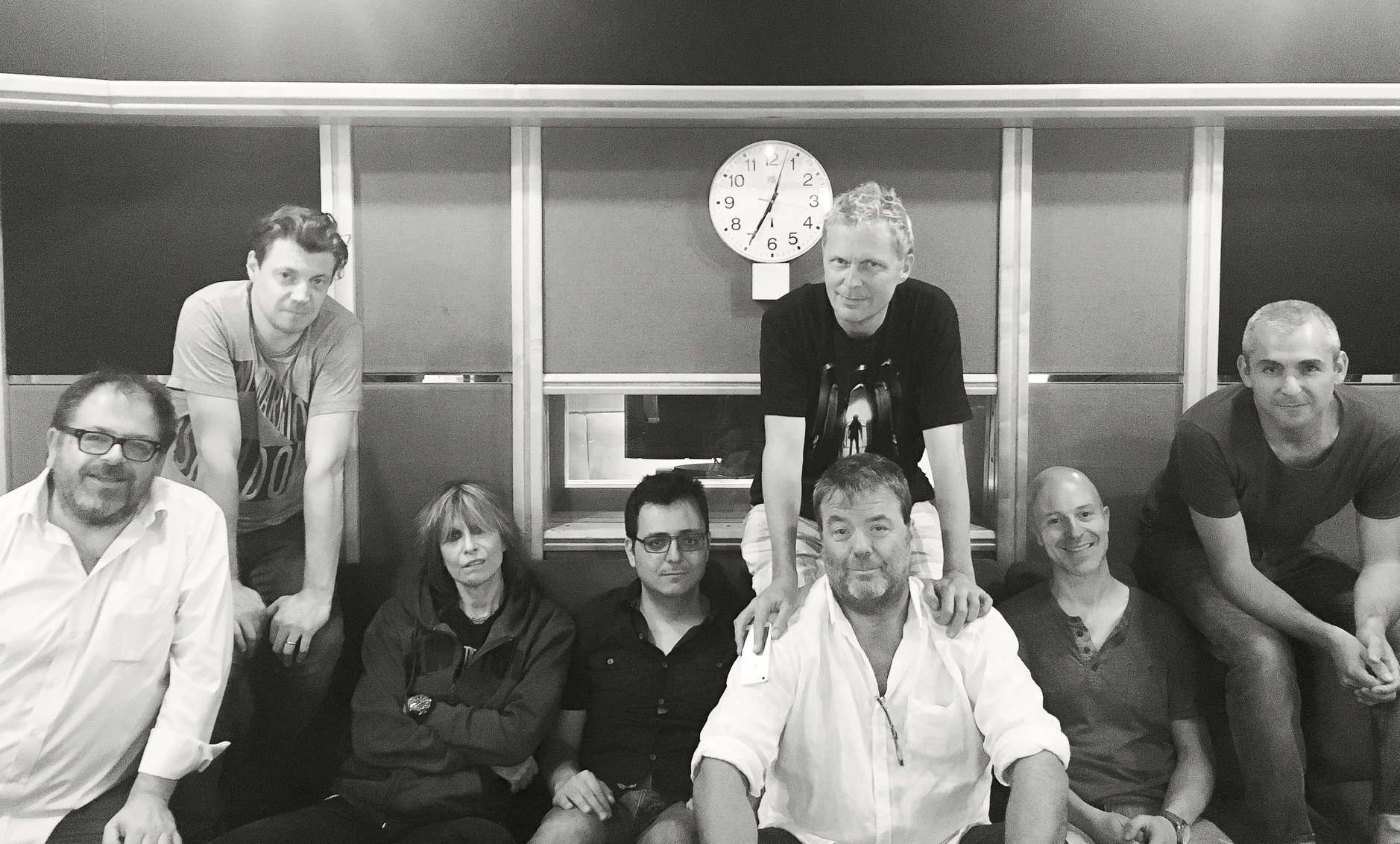It’s easy to take Chrissie Hynde for granted. The songs she wrote and sang with her band the Pretenders shoot straight from the heart. You don’t think about her performance because you’re too busy thinking about her, about the story she’s telling and the character she’s portraying. The communication is so direct that it’s easy to miss the singer delivering the song.
 Take a step back, though, and you’ll hear Hynde the singer of heartbreaking vibrato and masterful phrasing. You can’t divorce her words from the way she sang them. Try it: “When love walks in the room / Everybody stand up / Oh it’s good, good, good / Like Brigitte Bardot”; “Don’t harass me, can’t you tell / I’m going home, I’m tired as hell / I’m not the cat I used to be / I got a kid, I’m thirty-three”; “A, o, way to go Ohio.” Even when you don’t understand the words (“Moving through the Cleveland heat / How precious”), you know the way she sang them.
Take a step back, though, and you’ll hear Hynde the singer of heartbreaking vibrato and masterful phrasing. You can’t divorce her words from the way she sang them. Try it: “When love walks in the room / Everybody stand up / Oh it’s good, good, good / Like Brigitte Bardot”; “Don’t harass me, can’t you tell / I’m going home, I’m tired as hell / I’m not the cat I used to be / I got a kid, I’m thirty-three”; “A, o, way to go Ohio.” Even when you don’t understand the words (“Moving through the Cleveland heat / How precious”), you know the way she sang them.
In pop music, phrasing is everything. Plenty of people can carry a tune, but it takes a Frank Sinatra or an Ella Fitzgerald—or a Janis Joplin, Johnny Rotten or Axl Rose—to imprint their interpretation onto your imagination. And that’s what makes Chrissie Hynde a great singer and Valve Bone Woe a great album. Never mind the orchestra, never mind the fact that some of the songs are associated with the jazz tradition. This isn’t a jazz album, it’s an album in the old style of popular song, and Hynde does a hell of a job.
As great as the greats? Maybe not. She does give the Sinatra-penned “I’m a Fool to Want You” a confident read and her updating of the Beach Boys “Caroline, No” is positively heartbreaking. She’s bold to hold herself up to such singers as David Bowie and Nina Simone in taking on “Wild is the Wind” but falls short of claiming the song as her own. On the other hand, the song was first recorded by Johnny Mathis, and she easily bests his forgettable version.
The Mathis connection is apt. Valve Woe Bone is a record in the tradition of the song stylists of yore: new interpretations of old familiar tunes (the most recent is Nick Drake’s 1969 “Riverman”). The orchestra is competent if undistinguished, a bit Hollywood even though it was recorded in London, and is there to make her look good. They do pull off an invigorating, mostly instrumental take on Charles Mingus’ “Meditation on a Pair of Wirecutters,” but the album is all about the singer.
The other distinguishing factor at play is the production. Marius de Vries and Eldad Guetta do a beautiful job at blending Hynde’s voice with the instruments, adding sparing studio effects on top of mix. John Coltrane’s “Naima” takes on an eerie quality with distant, disembodied voices sounding like a phone call you should be paying attention to. Jule Styne’s “Absent-Minded Me,” first recorded by Barbra Streisand in 1964, drifts into daydream with electronic effects in the extended outro.
Valve Drum Bone is far better than the thin novelty the cosplay jazz of so many rockers before her, but despite all its trappings, it isn’t a jazz record, either. It’s a weary and impassioned set of songs from the past from a singer who, having past retirement age, is still ready to take up a challenge.
For the latest on Chrissie Hynde, check out her website: www.chrissiehynde.com
Kurt Gottschalk is a journalist and author based in New York City. His writings on music have been published in outlets throughout Europe and America and he has two volumes of short fiction to his name. He is also the producer and host of the Miniature Minotaurs radio program on WFMU.










